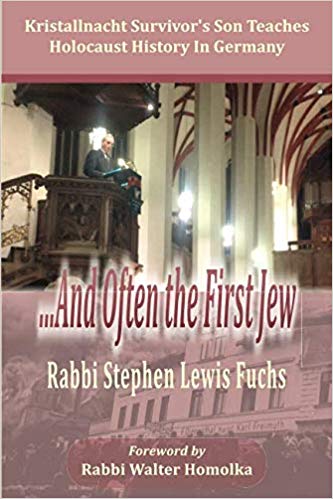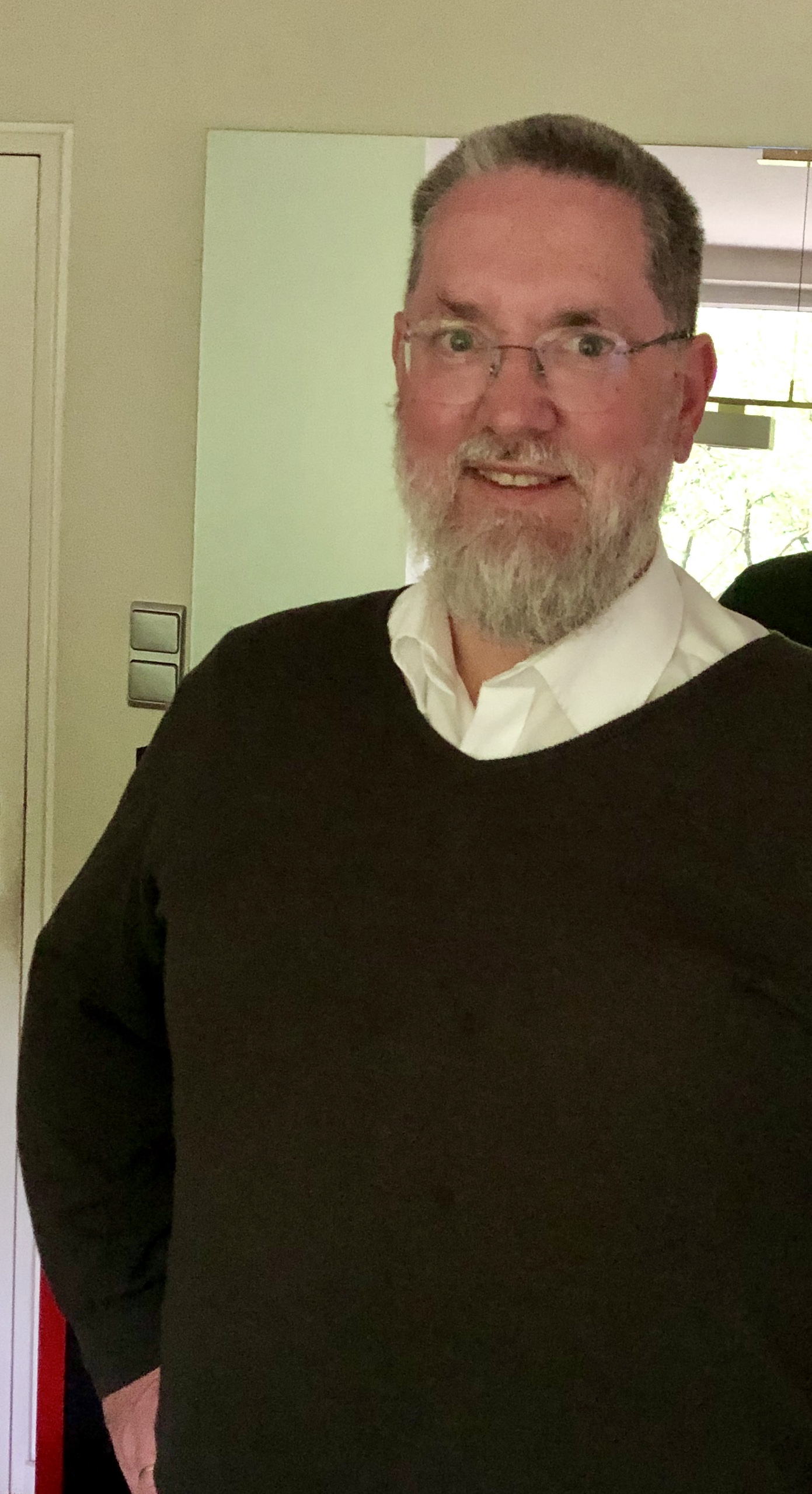
https://tinyurl.com/y6kl8ury
This Friday, my emotions will be high, as I climb the steep stairs of the preacher’s pulpit to speak once again in the famed Thomaskirche in Leipzig. To come as a welcome guest to speak in the city where the Nazis arrested my father on Kristallnacht, November 9, 1938 is a great privilege. But being there evokes many mixed feelings. Here is what I shall say:
Standing before you in this magnificent cathedral, I recall the Psalmists words, “Weeping may tarry for the night, but joy comes in the morning (Psalm 30:6)
I recall with sadness the weeping of Reichspogromnacht when my father Leo Fuchs was one of 500 Jewish men arrested in this city. But I savor the joy of the morning as Pfararin Taddiken welcomes me once again to this place as a gesture of friendship and hope for the future.
We cannot undo the past, but the future is ours to shape.
As I listen to the holy sounds of the beautiful Motets this afternoon, my heart turns to magnificent words on the Liberty Bell, the national symbol of American freedom, in Philadelphia, Pennsylvania, USA.
In July 1974 the late Prime Minister of Israel, Yitzhak Rabin addressed a joint session of the American Congress and eloquently described learning the words on the Liberty Bell in their original Hebrew as a small child: “U’kratem dror ba-aretz l’chol yoshveha– Proclaim liberty throughout the land to all of its inhabitants (Leviticus 25:10).”
Rabin pointed out that this cardinal foundation of democracy comes form the portion of the Torah Jews around the world will read this Shabbat.
דרור (Dror) Freedom, Freiheit (?) is a very special word in Hebrew, English or German. Freedom is what God wants for everyone:
- Freedom from poverty
- Freedom from War
- Freedom from violence
- Freedom from hunger
- Freedom from homelessness
- Freedom from excessive cold or heat
- Freedom from sexual abuse
- Freedom from forced labor and exploitation
- And the freedom to choose how we use the abilities with which God has blessed us to make a better world.
It is not God’s job to create that world of freedom. It is ours.
One of the most famous stories in the Christian Bible is how Jesus fed 5000 people with only five loaves of bread and two fish.
The pastor of the Church, which houses our Jewish congregation in Sanibel, Dr. John Danner, suggests a different reading of the story. Perhaps, says Dr. Danner, Jesus encouraged everyone in the crowd to share just a little of what he or she had with others around them, and in that way there was enough food for all.
Each person could give only a little, but their collective contributions accomplished much.
Today, no country, not the United States not Israel and not Germany has yet achieved the freedom God wants all of us to enjoy. But we must never cease to try. As Rabbi Tarfon taught in the second century CE: “It is not incumbent upon you to complete the task, but neither are you free to desist from it. (Pirke Avot 2:21)
From the time of creation, God has wished for us to create a just, caring and compassionate society on earth. It is easy to state that goal but difficult to achieve it.
It is easy to give in to despair and anguish when we look at the world around us. Many do.
But isn’t it a better choice for each of us to do something—however small–to move the world closer to the day of which Isaiah dreamed when, “They shall not hurt or destroy in all God’s holy mountain (Isaiah 11:9).”
Can we not all make some effort to bring closer the time of which the Prophet Micah dreamed when:
“Each person will sit under his or her vine and fig tree with no one to make them afraid?” (Micah 4:4)
We cannot do everything, but we each can do something.
We might not cure cancer but we can give food or serve a meal to the hungry. We might not make peace in the world, but we can make peace in our homes.
We might not transform the quality of education around the world, but we can help a child learn to read. Possibilities abound.
Not being able to do everything is no excuse for doing nothing.
As we listen with awe and delight to the sounds of holiness and peace in this famed Cathedral, and as Jews prepare to welcome a Shabbat of peace and joy into our lives, let us all – each in our own way — think of how we might bring peace and joy into the lives of others.





 As I climbed the 16 steps to the “Preacher’s Perch” in the famed Thomaskirche in Leipzig at the Motet service, Friday afternoon,** many thoughts filled my head.
As I climbed the 16 steps to the “Preacher’s Perch” in the famed Thomaskirche in Leipzig at the Motet service, Friday afternoon,** many thoughts filled my head.
